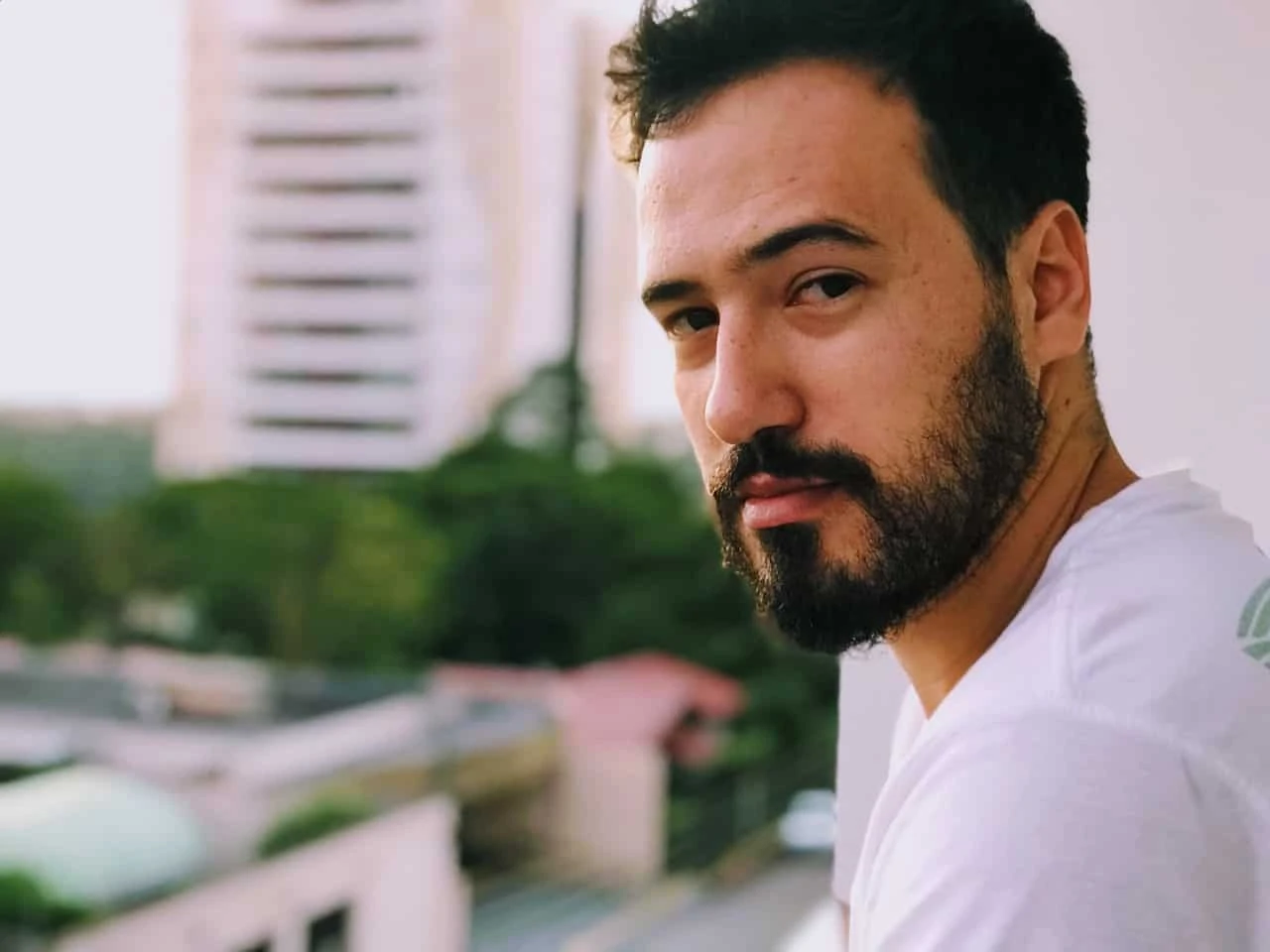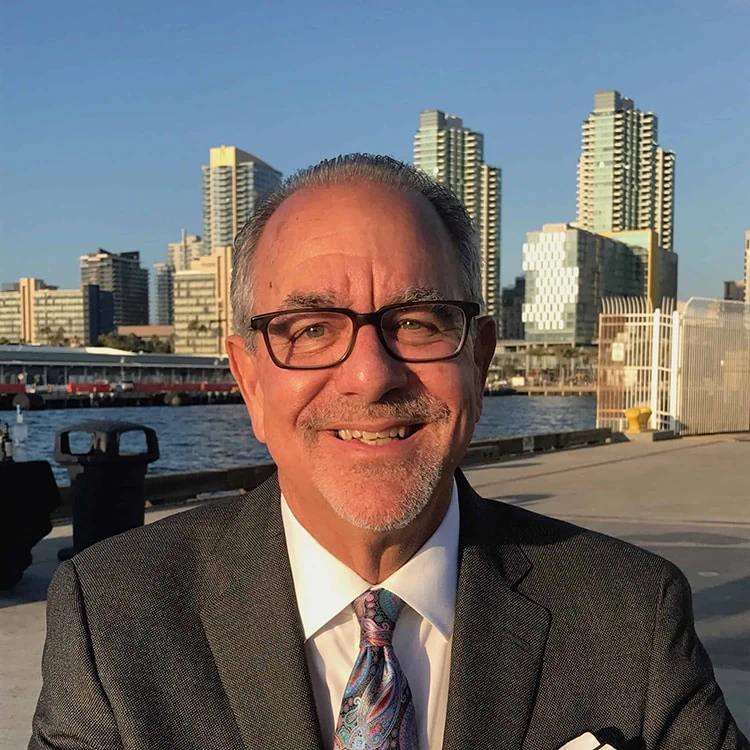
Is It Okay to Be "California Sober"?
Demi Lovato turned heads recently by talking publicly about her struggles with substance use and her "lifestyle choice" of being "California sober." Her definition of "California sober" is a person who drinks alcohol or smokes marijuana every once in a while.
It was shocking to hear from a woman who has described how her drug use caused multiple overdoses. She nearly died, and she had a stroke that caused significant damage to her body.
Many people have derided her and said that she's setting a bad example or deluding herself into believing she's not addicted.
Is "California Recovery" Dangerous? It Could Be
Statistics show that most people who get sober and then return to drinking or use "softer" drugs like marijuana eventually return to their drug of choice. As far as Demi Lovato goes, we are not her doctors, sponsor, or family that lives alongside her addiction. She does have access to the best of the best of them, something that many people do not.
Hopefully, she also has people in her life who genuinely love her, professionals to guide her, and everyone involved wants the best for her.
The question remains, can somebody else with a substance use disorder do the same thing and live an authentic, happy, non-addicted life?
What is Recovery? It's For More Than Addiction
Demi Lovato has revealed that she has spent her time recovering from opioid addiction and battling both an eating disorder and PTSD. (Eating disorders are also life-threatening when untreated.) At times, she believes, her drug use prevented her from killing herself. PTSD can be debilitating without treatment, and self-medicating is almost pervasive as a coping mechanism.
Many people who have gone to war overseas or experienced traumatic events use substances to cope. When they're using substances, it's because they're in pain. Getting sober can be scary for somebody with PTSD or other symptoms. They may even feel similar to Levato – that their choice to cope by using a substance is keeping them alive. Therapy and help from trained professionals can help you learn new coping skills if this sounds like you.
Reserving Judgement on Others' Sobriety
Judging somebody else's substance use disorder and the way they choose to get help doesn't help you or the person you are evaluating. Some people need help with their other mental health issues before they can tackle their substance use. Substance use disorders can vary in the way they display themselves in a person's life. They are almost always a coping behavior. Not everyone is coping with the same issues, and not everyone uses substances the same way.
Some people who consider themselves alcoholics binge drink a few times a week, while others begin to drink in the morning. They both have an alcohol use disorder. However, one person may need medication and detox, while another can go cold-turkey.
Anyone benefit from sobriety and a life in recovery. 12-step programs, however, are not the only component of recovery. Healing can also come through therapy, medication, groups, exercise, wellness, meditation, and psychiatry.
Many people who get sober and stay sober go to 12-step meetings and follow the suggestions.
Some people will insist that it won't work for them. They may need the space to make their own choices about their recovery path. They may need to try multiple avenues. (Once called "constitutionally incapable" of being honest by the Big Book of AA, the truth is that some people have different needs and underlying issues.) Having an aversion to 12-step meetings shouldn't make a doctor consider somebody a hopeless case. It's possible that medication and therapy can fill the gap for some people.
Is California Sober Dangerous?
If you want to use "California sober" as a way to abuse substances, or a reason to relapse, then it's, of course, dangerous! Addiction can play tricks on you, and other substances than your substance of choice may be a trigger to relapse.
Levato's ideas about her struggles with opioid use disorder are uniquely her own, as are her struggles. Some people may say the ideas she shares about herself are dangerous. Indeed, her recovery model isn't the one that is best known for helping people achieve and maintain sobriety or abstinence. We are not her doctors, sponsor, or family that lives alongside her addiction. (Talking about her struggles with self-harm and eating disorders can certainly help other people, and she has warned that her personal decisions to use marijuana and alcohol won't work for everyone.)
There are a few dangers of trying to drink or use drugs casually:
- Relapsing back to your drug of choice. (Many people only relapse ONCE; you may not be able to handle the same amount of a drug, or it could be laced with fentanyl.)
- Becoming addicted to a new drug. Marijuana is more than 90% as potent as it was in the 1960's – sometimes vapes can be as high as 70% THC, making it more addictive.
- Becoming addicted to dangerous behavior, such as sex or gambling. (Addiction is an addiction!)
- Going back to old behavior, such as lying, cheating, or stealing.
- Taking dangerous risks such as driving drunk or buying illegal drugs.
- Being exposed to your drug of choice and feeling like you can't say "no."
- Not having support to help you stay away from your drug of choice.
- Not having new coping mechanisms to help with triggers and stress.
If you want to get sober from an addictive substance, you'll still need to accept help to get started. Going it alone has probably not worked for you! A professional therapist or substance use counselor can help you learn new coping mechanisms, recognize addictive patterns, and help you avoid a destructive relapse.
Staying Open-minded to Changes in Recovery
Things have changed a lot since 1935 when Bill W created his 12-step program. During his lifetime, Bill W. found that medical doctors and their treatments were no help for his alcohol use disorder. He tried what he described as "everything" before he created his 12-step program.
Today, "trying everything" leaves a person with a lot more options. Medication-Assisted treatment is an option for people who don't want to be California sober, but need help reducing physical cravings. There are also many other treatments available for people, including cognitive-behavioral therapy, experiential therapy, and other therapy modes.
If Bill W. were in our lifetime, he might have marveled at all the tools and science that we've discovered to help people with addiction, especially Medication-Assisted treatment (MAT). (MAT, alongside therapy, is considered a science-based treatment that can help people achieve long-term abstinence from opioids and other highly addictive drugs.)
Bill W. wrote at length about the importance of seeking psychiatric help outside of the fellowship for his depression. He knew that mental health and addiction were tightly associated and believed doctors and science were essential to future understanding. He knew that he didn't know everything.
Progress, Not Perfection
Demi Lovato's California sober, as she calls it, may not be what anyone traditionally thinks of as recovery. For her, however, she's feeling safer and healthier than she has in years. She no longer wants to self-harm or starves herself, and for her, that's progress. She wants others to know that they can overcome and cope with their struggles. She is in therapy, and she is actively trying to be at ease in her skin.
She may decide that she needs AA weeks from now. Or, it may never be a part of her journey.
Having professionals in her life to talk to and actively working on her issues keeps her here, on this earth, striving for another day. Her previous relapses and the damage they did to her body can serve as a reminder that there may not be another chance to recover if she returns to opioids. Let's hope that can be enough to help her.
Either way, she will be welcome if she decides her "California sobriety" isn't working out for her. The 12-step room doors are always open. And the same is true for you or your loved one; there is always help available.
Getting Help for Addiction
Are you worried that you have a substance use disorder? We offer a safe, discreet, professional place to help your begin or restart your recovery journey?. Confidential Recovery is here for you or your loved ones when you need help. We help veterans and others get the support and help they need to begin their journey. Give us a call at 619-452-1200 to learn more about how we can help. We’re in this together – you’re not alone! Give yourself a chance!
Categories
San Diego Interventions
